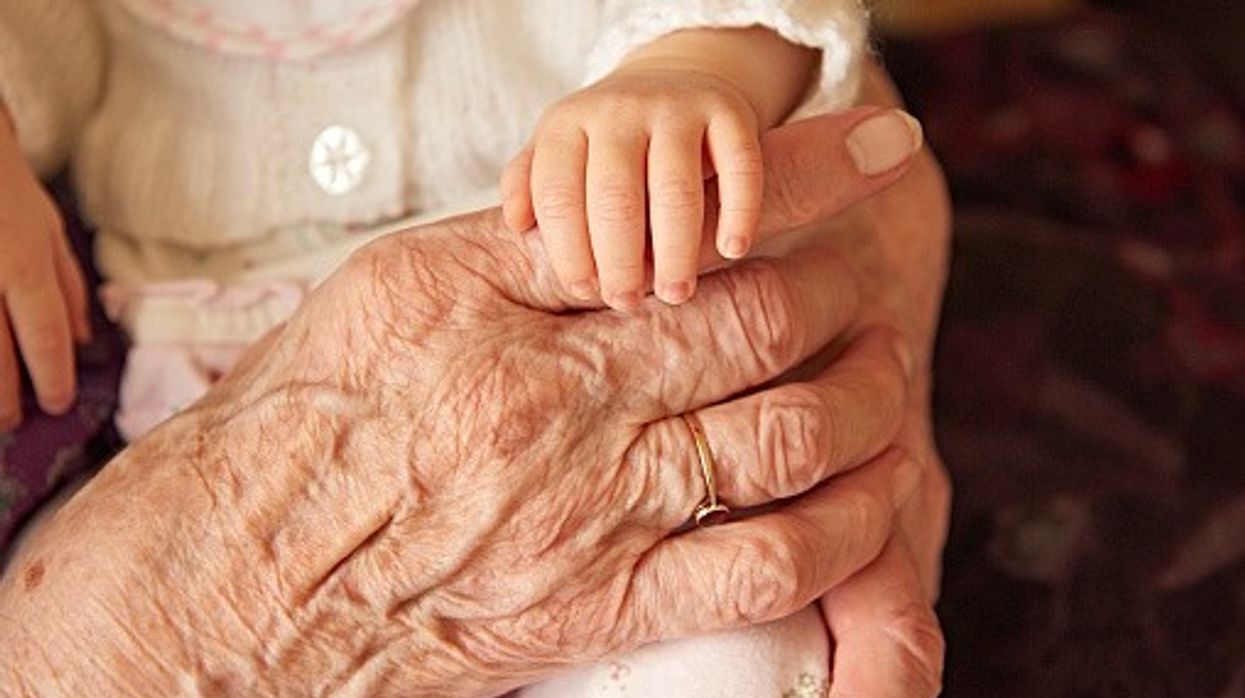Key Summary
- RSV vaccine is 82% effective in preventing hospitalisation for adults aged 75–79; maternal vaccine is 72% effective for babies
- Adult vaccine uptake reached 62.9%; maternal coverage was 54.7%, highest among Chinese women (73.3%)
- RSV peaked mid-Oct to early Dec 2024; most cases in children under 5 and older adults
A new study has shown that Respiratory Syncytial Virus (RSV) vaccination provided strong protection for people in the 75-79 age group, and it is 82 per cent effective in preventing hospital admissions with RSV infection.
Titled ‘Effectiveness of RSV Vaccine Against RSV Associated Hospitalisation Among Adults Aged 75 to 79 years in England’, the study was conducted by the UK Health Security Agency Study in collaboration with Nottingham University Hospitals and other NHS Trusts.
The vaccine was also found to be highly effective in preventing hospitalisation for older people with a chronic respiratory condition and those living with immunosuppression.
The NHS had introduced two RSV vaccination programmes last year, one for the adults and a maternal programme.
Another study ‘Vaccination in Pregnancy and RSV Hospitalisation in Infants in the UK’, led by NHS paediatricians, published in the Lancet Child and Adolescent Health proved that the maternal RSV vaccines has a 72 percent effectiveness in the prevention of hospitalisation of babies, whose mothers were vaccinated two weeks prior delivery.
The UKHSA figures on vaccine uptake states that the coverage in adults aged 75–79 rose to 62.9 percent by 30 June 2025, up from 60.3 percent in March.
Of the 36,657 women reported as having given birth in March 2025, 20,051 (54.7 percent) had received the vaccine.
There was a wide variation among various ethnic groups with highest coverage reported among Chinese women (73.3 percent) and lowest among black Carribean women (26.4 percent).
The Report also details UKHSA’s analysis from the primary care surveillance, which involves swabbing in around 300 GP Practices in England, when a patient presents with an acute respiratory infection.
The highest RSV positivity (percentage of laboratory confirmed RSV cases out of total ARI swabs) was observed in children under 5 years.
The surveillance shows RSV activity started across the UK in mid-October and peaked between November 18 and December 8. It later declined and reached baseline activity in February.
Greta Hayward, consultant midwife at the UKHSA, said, “Having the RSV vaccine during every pregnancy is the best way for women to protect their newborn against RSV.”
She pointed out that RSV infects around 90 percent of children in their first 2 years of life.
Dr Conall Watson, immunisation consultant at the UK Health Security Agency, said, “RSV can be a particularly serious infection for older people, so this new evidence will also give much reassurance that having the RSV jab will greatly reduce their chances of ending up in hospital.”













